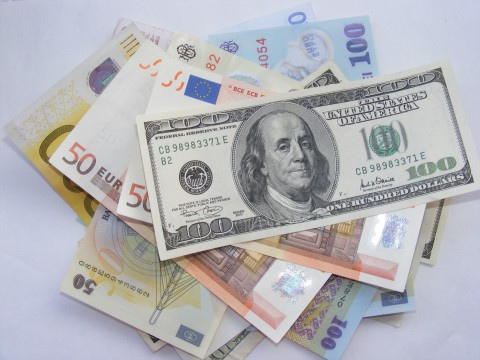The Mo Ibrahim Foundation, an African non-grant foundation, says Egypt, Nigeria, and Morocco receive 61.1 percent of remittances into Africa.
The foundation disclosed this in its 2024 forum report, titled, ‘Financing Africa. Where is the Money?’
Published on June 18, the report noted that Egypt is the largest recipient of remittances in Africa, receiving inflows of $28.3 billion in 2022; followed by Nigeria ($20.1 billion), and Morocco ($11.2 billion).
According to the report, Africa accounts for 12.3 percent of global remittances, “with nearly $100 billion in 2022”.
Their remittances, according to the foundation, support the living costs of an estimated 200 million relatives — representing a significant source of foreign currency.
“Compared to other regions, Africa accounts for 12.3% of global remittances of which Egypt, Nigeria and Morocco receive 61.1% combined. The ratio of remittances relative to Africa’s economy makes them an important income source.
“In 2022, Africa’s remittances of $96.7 billion represented 3.5% of the continent’s GDP, the highest of any world region. In 2022, for 19 countries remittances accounted for at least 4% of their GDP. In four countries – Gambia, Lesotho, Somalia and Comoros – this exceeded 20%,” the further report reads.
When properly accounted for, the foundation said, hard currency remittances could be used to improve a country’s creditworthiness and sovereign risk ratings by credit rating agencies.
The organisation said they could also function as a source of foreign exchange (FX). “Remittance flows could also be used as collateral to improve ratings of sub-sovereign borrowers,” the foundation said.
The foundation added that through the use of remittance-backed securities, several banks in developing nations have been able to raise more than $15 billion from foreign capital markets since 2000.






